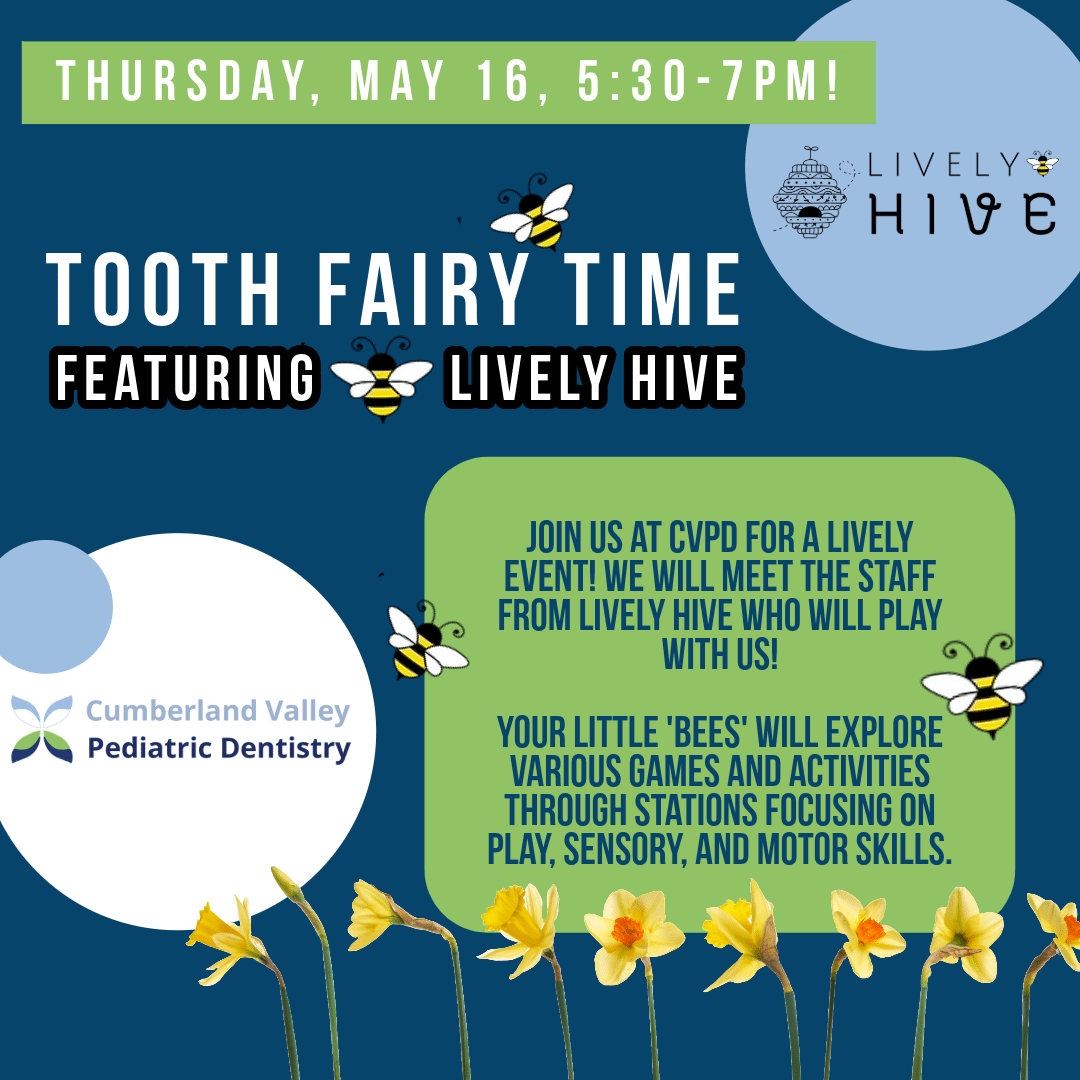Pregnancy can lead to dental problems in some women, including gum disease and tooth decay. Being pregnant can increase your risk for oral health problems, and these problems can affect your pregnancy. For example, some studies show a link between gum disease and premature birth.
Taking good care of your mouth, teeth, and gums during pregnancy can help you have a healthy pregnancy and a healthy baby.
Looking after your teeth before pregnancy
You’re less likely to have dental problems during pregnancy if you look after your teeth and gums before you are pregnant. You can do this by:
- Brushing your teeth at least twice a day with fluoride toothpaste.
- Floss once a day.
- Eating a healthy diet and limiting food and drinks high in added sugar.
- Avoiding tobacco products and minimizing alcohol.
- Visiting your dentist every 6 to 12 months.
Gum problems
Pregnancy hormones can make some women be at risk of gum problems including:
- Gingivitis (infection of the gum) – this is likely to occur during the second trimester. Symptoms include swelling of the gums and bleeding, mostly during brushing and when flossing between teeth
- Periodontal Disease – infection of the structures supporting the tooth (gums, ligament, and bone). It’s caused by untreated gingivitis, which and can lead to tooth loss
- Pregnancy epulis or pyogenic granuloma – a red, round growth that appears on the gum, which can bleed easily.
If you have gum problems during pregnancy, it’s important to get them checked by a dentist before you give birth. While most types of gum problems caused by pregnancy hormones resolve after birth, a small number of women may develop a deeper level of gum disease that will need treatment after pregnancy.
If your gums bleed, don’t stop brushing your teeth. Use a soft-headed toothbrush and fluoride toothpaste, and brush at least twice a day.
Vomiting can damage teeth
Pregnancy hormones soften the ring of muscle that keeps food inside the stomach. Gastric reflux (regurgitating food or drink) or the vomiting associated with morning sickness can cover your teeth with strong stomach acids. Repeated reflux and vomiting can damage the surface of the tooth (the enamel) and increase the risk of decay.
Try these suggestions if you’re experiencing vomiting:
- Avoid brushing your teeth immediately after vomiting. While the teeth are covered in stomach acids, the actions of brushing may scratch the tooth enamel.
- Rinse your mouth thoroughly with plain tap water.
- Follow up with a mouthwash containing fluoride.
- If you don’t have a fluoridated mouthwash, put a blob of toothpaste containing fluoride on your finger and smear it over your teeth. Rinse thoroughly with water.
- Wait for an hour after vomiting before you brush.
What are signs and symptoms of dental problems during pregnancy?
If you have any signs or symptoms of dental problems, call your dentist. Signs of a condition are things someone else can see or know about you, like you have a rash or coughing. Symptoms are things you feel yourself that others can’t see, like having a sore throat or feeling dizzy.
Signs and symptoms of dental problems include:
- Bad breath
- Loose teeth
- Mouth sores or lumps on the gums
- New spaces between your teeth
- Receding gums (when your gums pull away from your teeth so you can see roots of your teeth) or pus along your gumline (where your gums meet your teeth)
- Gums that are red, swollen, tender or shiny; gums that bleed easily
- Toothache or other pain
If you have pain or swelling, call your dentist right away. If you have an infection, you need quick treatment to help prevent problems for your baby.
Brushing teeth twice a day with fluoride toothpaste and visiting your dentist will help keep your teeth and gums as healthy as possible during pregnancy. Contact us at Cumberland Valley Pediatric Dentistry with any questions or concerns regarding pregnancy! We want to help you feel as comfortable as possible.
- March 24, 2021
- Children's Dentistry


